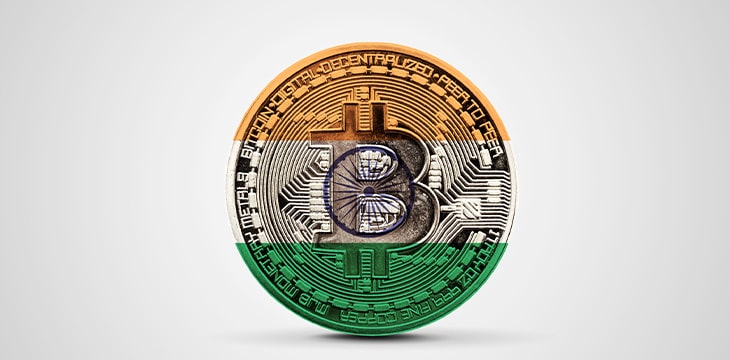|
Getting your Trinity Audio player ready...
|
The government of India intends to ban wallet-to-wallet or non-custodial transfers of digital assets; however, it will not implement the ban until adequate international regulations for cross-border digital assets transactions exist, the Hindustan Times has reported.
The report, citing government officials familiar with the matter, notes that India is specifically awaiting the digital asset regulatory framework recommendations that the Financial Stability Board (FSB)—the financial watchdog of the Group of 20 or G20—is working on to be released in October.
According to one of the sources, the finance ministry and the Reserve Bank of India (RBI) are in agreement that banning non-custodial digital asset wallets without international coordination will be an effort in futility.
“It is necessary to have some international regulations for cryptocurrencies; otherwise, we can only ban it within the country [India] while the very cryptic nature of cryptocurrency could be leveraged by unscrupulous elements to do cross-border wallet-to-wallet transactions, undetected,” a source familiar to the matter said.
This is because of the borderless nature of digital assets and their underlying blockchain technology. The officials added that this same characteristic makes them a threat to the financial stability of India and a veritable tool for use in the drugs trade, terror financing, and money laundering.
India is not alone in awaiting the FSB’s recommendations
The revelation from the unnamed officials echoes statements made by India’s Minister of State of Finance, Pankaj Chaudhary.
In August, Chaudhary told parliament that any policy on digital assets can only be effective “after significant international collaboration on evaluation of the risks and benefits and evolution of common taxonomy and standards.”
For its part, the FSB, which has the mandate to promote financial stability, announced in July that it is working on recommending “robust” digital assets regulations and supervision approaches for the central banks and ministries of finance of its member countries.
The Basel, Switzerland-headquartered organization added that its proposal would as much as possible apply the “same activity, same risk, same regulation” model to reduce the risk of fragmentation and regulatory arbitrage.
The proposal will be the first time the FSB is making digital asset regulations despite having warned of their risk severally. It is also prompted by the recent market crash caused by the Terra-LUNA wipeout, which it has been urged to address by the board of the G7.
Watch: The BSV Global Blockchain Convention panel, Blockchain in Middle East & South Asia
https://www.youtube.com/watch?v=Zh3sIuH85kc

 02-20-2026
02-20-2026 




